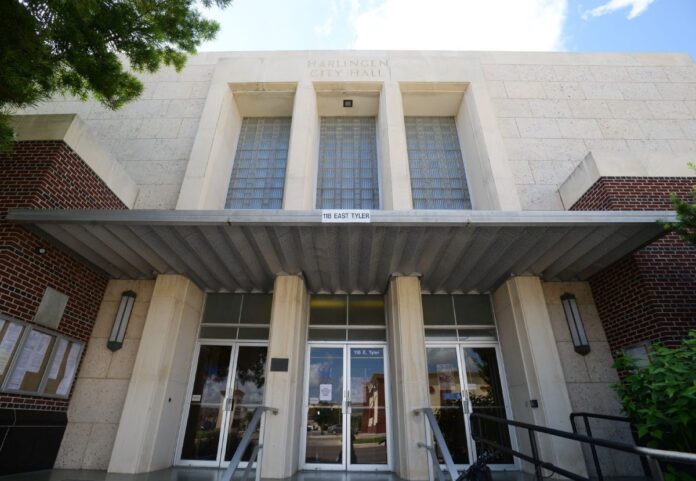HARLINGEN — City officials plan to use property tax revenue to help build the proposed $14 million convention center.
Last night, city commissioners amended the city’s three tax increment financing reinvestment zones to allow property taxes there to help fund the construction of the proposed 43,000-square-foot convention center.
As part of the action, officials added the proposed convention center project to a list of other projects to be funded through property tax revenues generated within the three zones.
“Right now, the priority is the convention center,” City Manager Dan Serna said before the meeting.
Serna said the zones’ funding of the proposed convention center project would reduce funding available for other projects on the list.
“This is kind of a natural to utilize this money for the convention center that would benefit the entire community,” Serna said. “It would benefit hotels and restaurants.”
The list of projects was not immediately available.
Serna said the city plans to use different revenue sources to fund the project.
The city plans to sell about $8 million to $9 million in certificates of obligation to help fund the construction project, officials said.
“We’re looking at the entire finance plan,” Serna said.
In 2006, the city created three zones from which to generate property tax revenue earmarked for economic development.
This year, officials project the three zones will generate a total of $123,000, Serna said.
Serna said officials have not determined the amount of tax revenue that will help fund the convention center’s construction.
As part of an agreement, the city plans to build the convention center at the fast-growing Harlingen Heights shopping district anchored by Bass Pro Shops.
The agreement calls for San Anto nio-based developer BC Lynd Hospitality, with Weslaco developer Ezequiel Reyna, to build a 150-room hotel next to the convention center.
Officials plan to pay back that debt through sales tax revenue generated through the Harlingen Community Improvement Board, which operates with a $2.7 million fund balance while generating about $1.3 million a year.
The city, which generates about $1 million a year in hotel occupancy tax revenue, also plans to dip into that revenue stream to pay back the debt.





